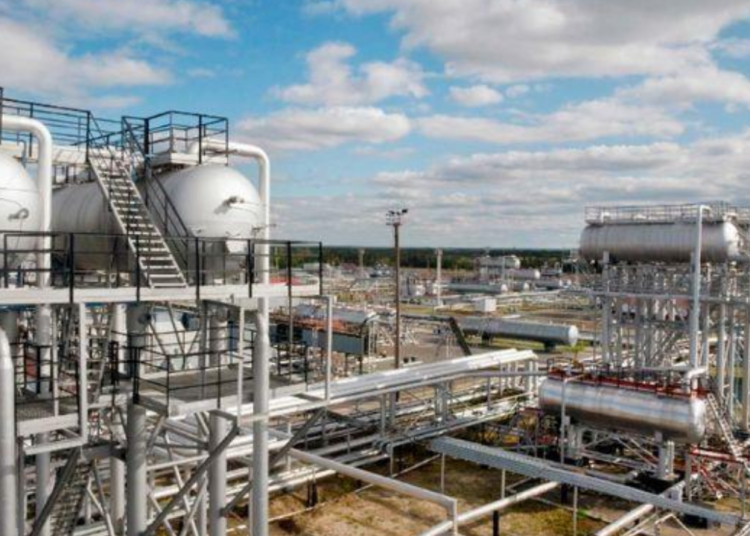Despite having over 209 trillion cubic feet of natural gas reserves, Nigeria’s earnings from exporting Liquefied Natural Gas (LNG) dropped to a three-year low in the first quarter of this year,
With its huge proven gas reserves, which ranks it as the ninth largest in the world, the country harnesses only about 8 billion standard cubic feet per day (bscf) of gas, and most of it is sent to the export market.
Nigeria earned N622 billion from LNG export in the first quarter, representing the lowest in five quarters according to new government data and analysts blame security challenges.
According to the National Bureau of Statistics (NBS), Nigeria’s LNG sales dropped by 18 per cent from 757 billion in the third quarter of last year.
This is also coming two years after the federal government launched the ‘Decade of Gas’ programme to harness the country’s gas resources, with key projects marked for execution under it have been ignored.
“Incessant attacks on oil and gas facilities, the rising cost of oil and gas production, need for newer drilling technology, and community issues reduced the amount of associated gas, which serves as feed gas for LNG companies to purify, liquefy and ship for export,” said Olufola Wusu, partner and head of oil and gas at Megathos Law Practice.
“Other reasons include the migration from onshore to deep Offshore fields by the IOC’s, the maturity of the fields leading to a decline in output, the seeming unwillingness to drill new wells, and the initial delay in setting up a bid process to allocate new oil and gas blocks.”
Wusu added that the delay in expediting drilling for non-associated gas, in natural gas wells in the prolific deep offshore fields also contributed to the dip in natural gas sales.
According to NBS, Nigeria earned N622 billion, N704 billion, N757 billion, N735 billion and N655 billion in Q1 2023, Q4 2022, Q3 2022, Q2 2022 and Q1 2022, respectively. The report also stated that natural gas sales account for 9.59 per cent of the total export share in the first three months of this year.
The ‘Decade of Gas’ initiative is built on the premise that gas is a key driver of economic growth and development. Nigeria has nearly 209 trillion cubic feet of natural gas reserve, which ranks as the ninth largest in the world, but harnesses only about 8 billion standard cubic feet per day (bscf) of gas, and most of it is sent to the export market.
The $20 billion dollar initiative is centered on four key pillars: increasing domestic gas utilisation, expanding gas infrastructure, growing gas exports, and attracting foreign direct investment into the gas sector.
To achieve these goals, the government outlined a number of policy measures, including the implementation of a new gas pricing regime to encourage investment in the sector, the development of new gas infrastructure, and the promotion of gas-based industries such as fertiliser production, power generation, and petrochemicals.











